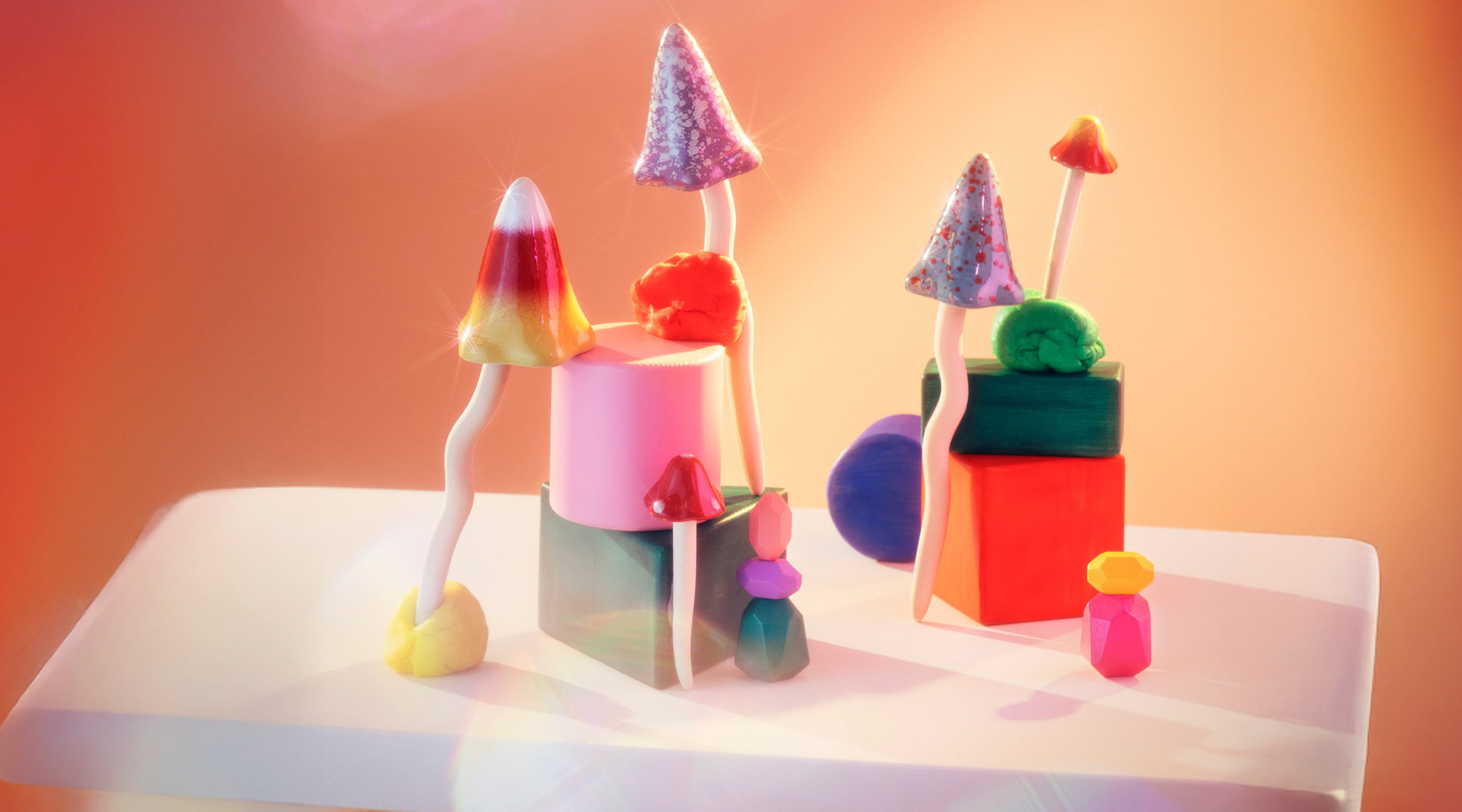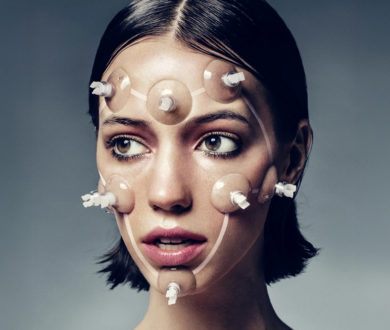In a landmark decision, Medsafe has granted a New Zealand-based psychiatrist approval to prescribe psilocybin — the active compound in ‘magic mushrooms’ — to treat depression. It’s a first for the country, and an exciting sign of changing tides in mental health treatment.
While magic mushrooms have long been associated with psychedelic counterculture, recent science is painting a very different picture. In carefully controlled, low doses — known as microdosing — psilocybin is showing remarkable promise in helping ease depression, especially in those who haven’t responded to traditional treatments.
Microdosing involves taking a fraction of a psychedelic dose, just enough to subtly lift mood and improve mental clarity without causing hallucinations. Early studies suggest it works by activating serotonin receptors in the brain, the same feel-good pathways many antidepressants target — only with fewer side effects.
At the other end of the scale, larger clinical trials are delivering even more compelling results. Research from Johns Hopkins and leading UK trials have shown that a single, supervised dose of psilocybin can dramatically reduce depressive symptoms, with some patients reporting lasting improvements for months — even up to a year.
Depression is one of our country’s leading health crises, and Psilocybin isn’t a cure-all. But for people battling depression, it’s opening up new hope — and now, with legal pathways in New Zealand, this efficacious treatment edging closer to mainstream therapy.
As the conversation shifts from stigma to science, this tiny mushroom is making a powerful case for being part of the future of mental health care.







